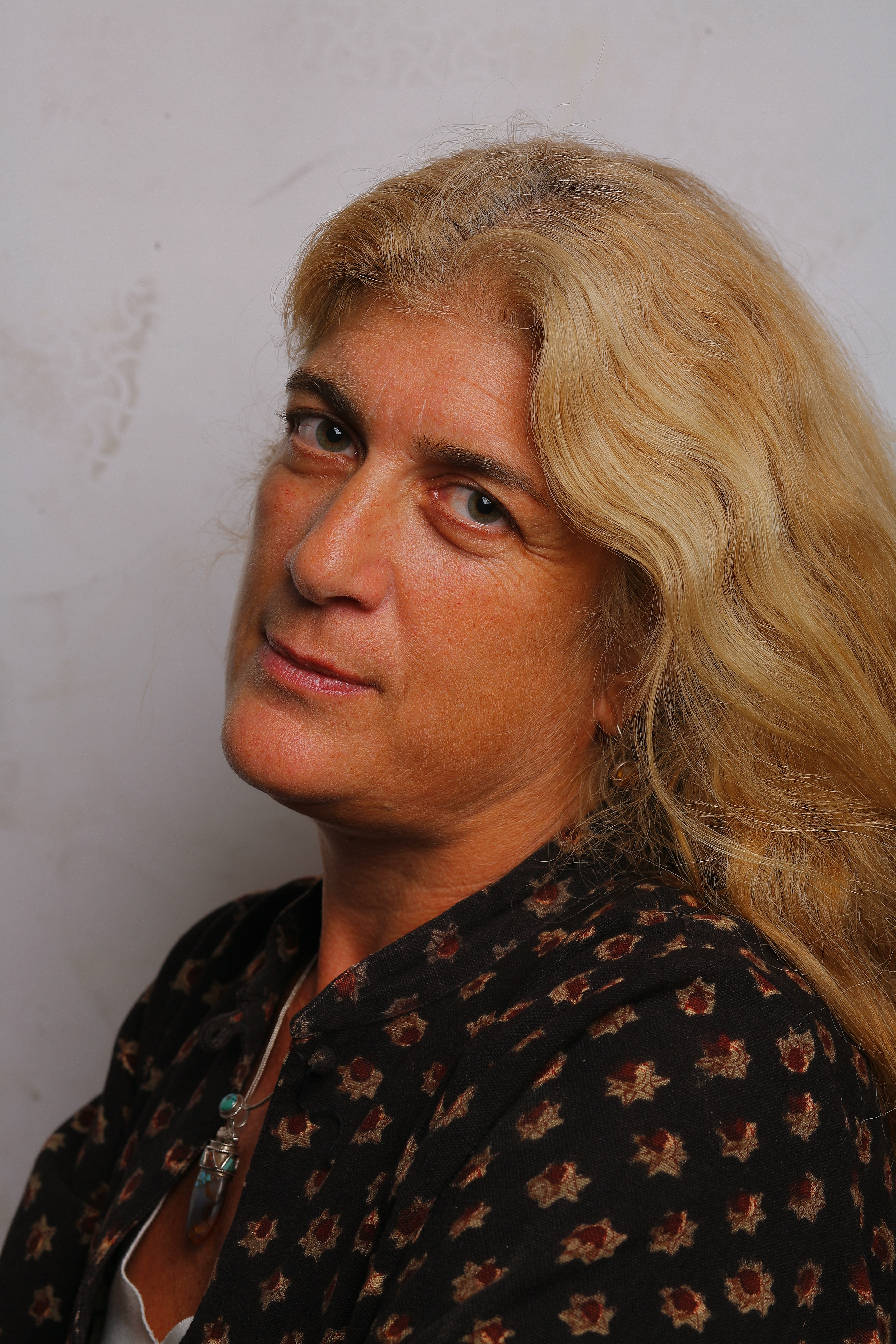.jpg) The National Pulse Memorial & Museum, which is expected to open in 2022, will feature a reflecting pool with rainbow-colored lines, a garden with 49 trees to honor the victims, public plazas, a vertical garden, and a rooftop promenade, according to design concepts. (image Coldefy & Associés with RDAI/onePULSE Foundation)
The National Pulse Memorial & Museum, which is expected to open in 2022, will feature a reflecting pool with rainbow-colored lines, a garden with 49 trees to honor the victims, public plazas, a vertical garden, and a rooftop promenade, according to design concepts. (image Coldefy & Associés with RDAI/onePULSE Foundation)Laila Farah, an associate professor in Women’s and Gender Studies, is part of a group selected to design a memorial and museum meant to honor and preserve the legacy of 49 killed and all those affected by the June 12, 2016, shooting at the Pulse nightclub in Orlando, Florida.
“To be part of a project like this is such an honor. We are getting the chance to turn a space of death, horror and terror into a space of commemoration, healing and community,” Farah says. “We are memorializing so we don’t forget. That’s what excites me about this project.”
 Laila Farah, an associate professor in Women’s and Gender Studies, is part of a group selected to design a memorial and museum meant to honor and preserve the legacy of 49 killed and all those affected by the June 12, 2016, shooting at the Pulse nightclub in Orlando, Florida. (Photo courtesy of Laila Farah)
Laila Farah, an associate professor in Women’s and Gender Studies, is part of a group selected to design a memorial and museum meant to honor and preserve the legacy of 49 killed and all those affected by the June 12, 2016, shooting at the Pulse nightclub in Orlando, Florida. (Photo courtesy of Laila Farah)
In her role, Farah will serve as a cultural advisor and liaison on the project for the LGBTQ community, reviewing plans, text and documents to make sure they are reflective of the community they are intended to honor.
A dedicated activist and performer, Farah is on the board of the national Arab American Action Network and participates in the National Women’s Studies Association, the Arab American Studies Association, and the International Feminist Journal of Politics. She has performed nationally and internationally with a one-woman show called “We Made The Maps,” which she created with Isis Nusair, an associate professor at Denison University. The show is based on personal narratives of Syrian, Palestinian and Iraqi women refugees. She’s previously toured internationally with one-woman shows titled “Shaping the World With Our Hands” and “Living in the Hyphen-Nation.”
At DePaul, Farah is affiliated with the Islamic World Studies, Critical Ethnic Studies, and Peace, Justice and Conflict Studies programs, and serves on the board of all three. She’s also on the board of The Women’s Center and is part of a team working to establish a Southwest Asian/North African Center on campus to serve Southwest Asian, Middle Eastern, and North African students.
The National Pulse Memorial & Museum, which is expected to open in 2022, will feature a reflecting pool with rainbow-colored lines, a garden with 49 trees to honor the victims, public plazas, a vertical garden, and a rooftop promenade, according to design concepts.